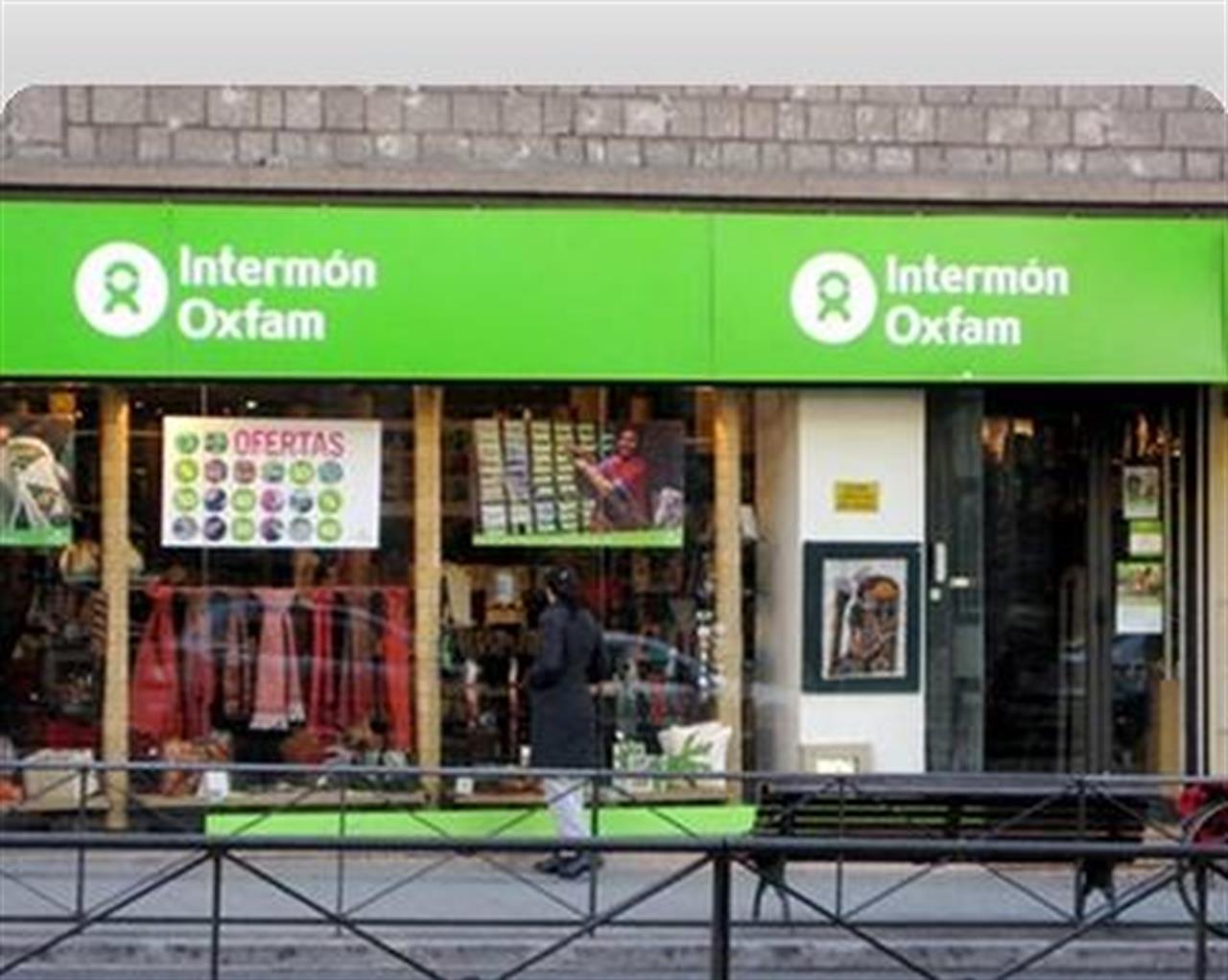Non profit
Aid in times of crisis
Interview with Ariane Arpa, director of Intermòn Oxfam: Robin Hood measures needed to protect the poor

Making poor people pay for the mistakes of the rich is not the answer. This is the message that Ariane Arpa, director of Intermòn Oxfam sends the Spanish government after it announced in May that it would cut 15 billion euros out of its public spending budgets in 2010 and 2011. In a country where 22% of the population lives under the poverty line, there is not much space for financial maneuvering. Arpa, who has led Oxfam’s sister organization in Spain since 2005, proposes ‘Robin Hood’ measures to capture funds that otherwise slip through the net. First in line: stop transnational tax evasion.
What do you think of Zapatero’s public spending cuts?
A mistake because they put the weight of the crisis on the poorest people, those who have done nothing to provoke it. The cuts are inconsistent with Zapatero’s political discourse, as from the beginning he always insisted on fighting against poverty; they are unnecessary as other measures were possible that would have avoided punishing the poor. Now that the cuts have been made and can’t be changed it is important to stress the fact that the diminished aid for development should be compensated by better quality and more consistency in public policy, and that new ways for financing fights against poverty should be found. I am thinking of eliminating tax evasion, by transnational companies and I am thinking of new financial instruments, tax on financial transactions, the Robin Hood tax, anything that can guarantee a fixed income to the fight against poverty.
Will the effect of the cuts be felt by the third sector?
Certainly. Not only because of the cuts on the central government budget but also because it will set the trend for other administrations in Spain. Aid for development is extremely decentralized here and virtually every local administration has a budget for aid for development, of course most of these administrations have been asked by the central administration to make cuts and following the example of the central government they will cut aid for development.
Is Intermon Oxfam expecting to be affected, either by the cuts or the economic crisis in general?
Both. Not this year from the central government as we are lucky to have a multi year agreement so this agreement should hold for a few more years but we will certainly be affected by the trend of the centralized administration, especially in terms of our advocacy work within Spain. We will certainly expect cuts in the coming years if the cuts continue as it is foreseen that they will. And of course we are worried about the situation for children, there have been cuts in salaries, there will be tax increases and families will have to make many sacrifices to make ends meet.
Is the Spanish NGO world taking any actions to face the crisis?
Yes certainly. We are working as a sector on reactives asking the government to go on prioritising the fight against poverty and to look for these new financial instruments. As Intermòn Oxfam in the next few weeks we will launch a campaign asking for more aid and more quality. What is unacceptable to us is that in the context of a crisis that hits society very hard, in particularly society in the South, that the solution is to make the poor people pay.
Can anything positive come from this crisis at all?
Yes. I would say two things: first, that it is an opportunity to put new things on the agenda, and here I am thinking of taxes, tax evasion and fiscal policy as there is a lot of money there that could, should, go for development and is being lost. And I think this is an argument that appeals to normal people – if they pay their taxes, then why shouldn’t transnational companies, especially if their money could be used to help the people who need it most. So I think it is a good moment to tackle this issue. The other positive thing is more of an internal one. I think the decrease in income will force all NGOs – this is something we are doing as Intermòn Oxfam – not only to cut our costs, because I think we were already very austere in the way we work, but also to really rethink what is crucial, what is core to our work and where we have more impact and to really focus on this. And in the end this is also improving the quality of our work.
Nessuno ti regala niente, noi sì
Hai letto questo articolo liberamente, senza essere bloccato dopo le prime righe. Ti è piaciuto? L’hai trovato interessante e utile? Gli articoli online di VITA sono in larga parte accessibili gratuitamente. Ci teniamo sia così per sempre, perché l’informazione è un diritto di tutti. E possiamo farlo grazie al supporto di chi si abbona.
